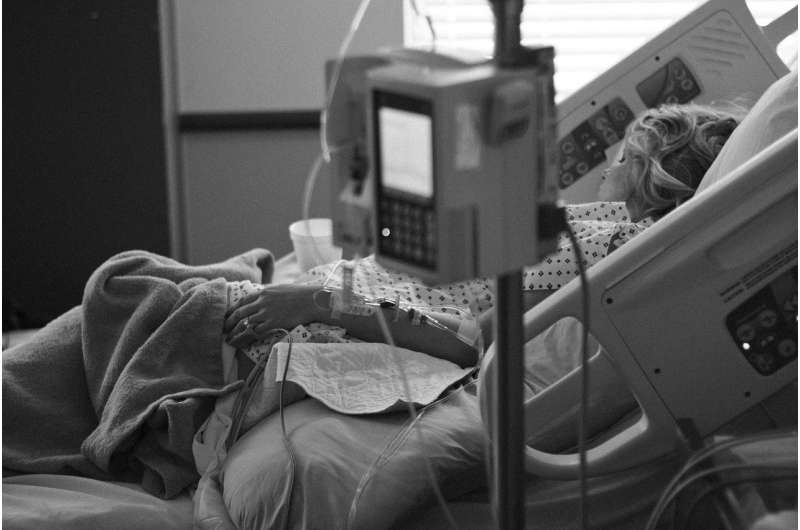More exercise may not help all cancer patients to the same extent

A new article in the Journal of the National Cancer Institute finds that some cancer patients appear to benefit more from exercise than others.
Exercise interventions during primary cancer treatment, especially chemotherapy, typically aim to prevent declines in functioning and to reduce treatment side-effects, while exercise interventions after treatment aim to improve functioning. There is evidence from randomized controlled trials that exercise has beneficial effects on fatigue, physical fitness, quality of life and self-reported physical function during and after cancer treatment. The magnitude of these effects, however, is often small.
This study investigated whether the effects of exercise on fatigue, aerobic fitness, muscle strength, quality of life and physical function in cancer patients varied by the initial value of these health characteristics. This study used data from 34 exercise trials conducted through the Predicting OptimaL cAncer RehabIlitation and Supportive care (POLARIS) study
The researchers found that during treatment, effects on aerobic fitness were larger for patients with better baseline aerobic fitness. After treatment, the effects on upper and lower body muscle strength and quality of life were larger in patients with worse baseline values.
Although the researchers believe that exercise should be encouraged for most patients with cancer, targeting specific subgroups may be especially beneficial and cost-effective. During treatment, patients experienced benefits in muscle strength and quality of life regardless of baseline values. Only patients with low baseline values benefited after treatment, however. For aerobic fitness, patients with low baseline values did not appear to benefit from exercise during treatment. Exercise interventions during treatment were effective in maintaining quality of life and upper and lower body strength, regardless of the baseline value. Offering exercise interventions after treatment to patients with a relatively high baseline values in these categories did not appear to further improve these outcomes.
The finding that exercise interventions during cancer treatment showed better effects on aerobic fitness in patients with higher baseline aerobic fitness was unexpected and counterintuitive. This finding suggests that a minimum level of aerobic fitness may be needed to obtain an aerobic fitness response to an exercise intervention during cancer treatment. Perhaps, despite often being tailored to a patient's capacity, exercise interventions during intensive cancer treatments may be too difficult for patients with low aerobic fitness.
"Our study highlights that, to optimize outcomes, it is important to carefully consider when and with what purpose exercise interventions should be offered to which patient with cancer," said the paper's lead author, Laurien Buffart.
The study's authors believe that targeting interventions to patients with worse symptoms and quality of life seems useful and economical. Whether this principle is also the case for exercise interventions is unknown. Only a limited number of exercise intervention studies have evaluated the moderator effect of baseline fatigue, physical fitness (i.e. aerobic fitness and muscle strength), and quality of life. Studying these moderator effects may help to identify the patients for whom exercise interventions are beneficial or not.
More information: Laurien M Buffart et al, Targeting Exercise Interventions to Patients With Cancer in Need: An Individual Patient Data Meta-Analysis, JNCI: Journal of the National Cancer Institute (2018). DOI: 10.1093/jnci/djy161


















